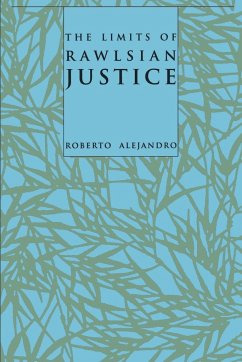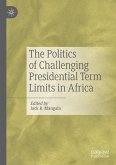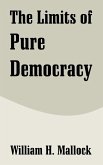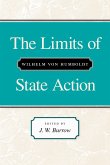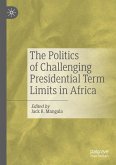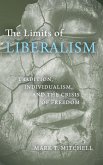The idea of fairness lies at the heart of the concept of justice proposed by political philosopher John Rawls, a concept that liberals have often invoked to defend the welfare state. In The Limits of Rawlsian Justice political theorist Roberto Alejandro challenges the assumptions that Rawls set out to defend his position. While other opponents of Rawls have attempted to offer an alternative to his concept of justice as fairness, Alejandro instead examines Rawls from within his own writings, testing Rawls's assumptions on the basis of those assumptions themselves. As a result, Alejandro shows that Rawls's idea of justice as fairness is fraught with inner tensions, exposed to utilitarian dangers, and far from being the coherent model Rawls promised. Alejandro concludes that Rawls's notion of justice-as-fairness preserves the status quo, overlooks the realities of inequalities in today's society, and is inherently conservative. As a theoretical paradigm, it is exhausted. He urges that we acknowledge the limits of Rawlsian justice both as a defense of the welfare state and as the basis of a just society.
Hinweis: Dieser Artikel kann nur an eine deutsche Lieferadresse ausgeliefert werden.
Hinweis: Dieser Artikel kann nur an eine deutsche Lieferadresse ausgeliefert werden.

